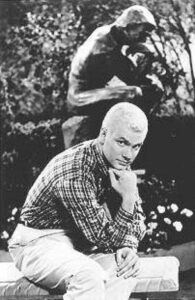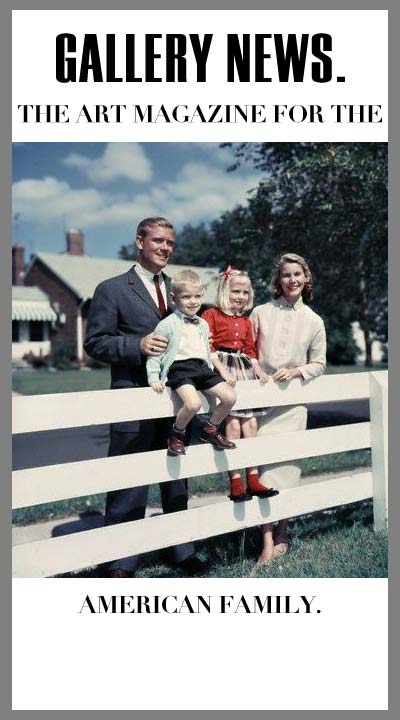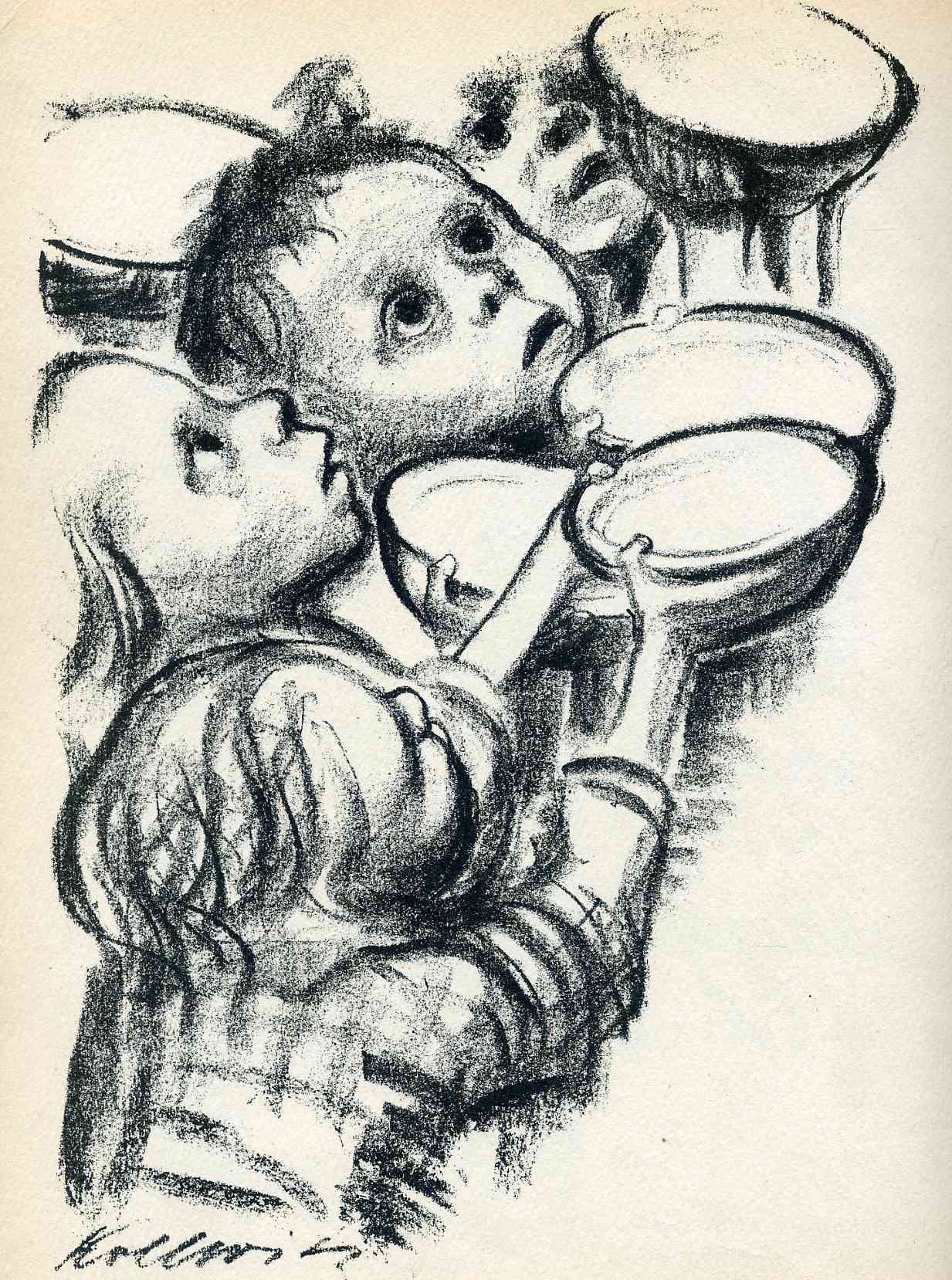Hair-salon touts, eye-cream hucksters, and other species of urban vermin.
One of the subtle delights of this past year’s Covid-19 lockdown is that it shooed away the commercial panhandlers who pester you in pedestrian thoroughfares. They used to be particularly thick in the stretch of sidewalk in front of the Time Warner Center at Columbus Circle.
The worst, and most insistent, were the hair-salon racketeers. These touts, generally youngish and male, would approach you and ask you if you got your hair done professionally. You’d say yes, and then the tout would try to persuade you to try out a friend’s new salon, for which you could receive a one-time discount. But to get the discount you’d have to pony up $75—right here and now on the sidewalk.
If you seemed dubious about all this—handing over $75 to a sales rep for a strange hair salon in a distant part of Midtown—he immediately assured you that it was a top-drawer outfit.
“Look! Five stars on Yelp!”—as he flashed his smartphone at you.
 After this happened the first time, I spent the rest of the day pondering what a terrible business model the whole thing was. Forget the $75 and “Five stars on Yelp!” nonsense. Most women simply do not visit new hair salons on a whim or because they’re promised cut-rate service. Generally they stick with a single stylist, whom they loyally follow from salon to salon. Or else, if the stylist suddenly packs up and takes a job in Hollywood, they find someone else in a salon they know well. They’ll do this even even it means paying $250 every month or two. Price is not really a selling point in the hair business. Certainly not a deal-closer when you’re being pressured by a complete stranger at Columbus Circle.
After this happened the first time, I spent the rest of the day pondering what a terrible business model the whole thing was. Forget the $75 and “Five stars on Yelp!” nonsense. Most women simply do not visit new hair salons on a whim or because they’re promised cut-rate service. Generally they stick with a single stylist, whom they loyally follow from salon to salon. Or else, if the stylist suddenly packs up and takes a job in Hollywood, they find someone else in a salon they know well. They’ll do this even even it means paying $250 every month or two. Price is not really a selling point in the hair business. Certainly not a deal-closer when you’re being pressured by a complete stranger at Columbus Circle.
A smoother, older kind of sidewalk hustle may be found in the eye-cream racket. These operators are always Israeli, both male and female, and stand (or rather, stood) in doorways of cosmetic shops on Madison Avenue or the stretch of Broadway just north of Columbus Circle. When they see normal women strolling past—I mean the kind who use moisturizer and makeup—they wave sample packets of eye cream at them.
There’s always something unlikely and exotic about their cream. One popular come-on a few years ago was saying it contained flakes of real gold. And so you took the little foil sachet, and the gang in the doorway immediately implored you to step inside and try some of their other wares. Sometimes they’d even offer you a voucher for a free facial or makeover on some day next week, at some spa you never heard of.
The eye-cream hucksters of Columbus Circle have been shut down, along with their neighbors, the soap girls who would stand out on the sidewalk with their baskets of colored, scented handmade samples. I do wish to say, though: those young ladies outside the soap shop were always cheery, never nagged, and arguably provided an essential service. Sometimes you need to give someone a cheap gift, or they’re doing a Secret Santa thing at your office. What could be a lamer and more inoffensive gift for some random coworker you barely know, than a hunk of pretty, perfumed soap?
Columbus Circle today is not entirely safe for social-distancing shoppers, however. Those young people in badges and hoodies proclaiming dodgy charities, they are once again out in strength, waving their clipboards as you come into view. Legalize Sex Perversion! Children in Cages! Save the Narwhal!
 Forty years ago, the neighborhood was a half-step up from a slum. You had the decaying Huntington Hartford Museum just south of the Circle, and the dismal New York Coliseum to the west, where the Time Warner Center now stands. A faint bit of cheer was injected by a banner on an old gabled building to the north, advertising Jacki Sorensen’s Jazzercise.
Forty years ago, the neighborhood was a half-step up from a slum. You had the decaying Huntington Hartford Museum just south of the Circle, and the dismal New York Coliseum to the west, where the Time Warner Center now stands. A faint bit of cheer was injected by a banner on an old gabled building to the north, advertising Jacki Sorensen’s Jazzercise.
The sidewalk ruffians were different, too. They didn’t promote hair salons or eye cream or Planned Parenthood. They often wore jackets and ties, and tried to chat you up about Henry Kissinger and the dank history of the British Monarchy. For a mere $300 they would let you have a full year’s subscription to the Executive Intelligence Review, the most informative periodical in the world, which was published right around the corner. That’s our founder on the cover, Lyndon LaRouche!
Author: Meg Burns
Mrs. Burns’s work has appeared in Food & Wine, The Spectator, The Oldie, the San Diego Reader, and other places like that.







